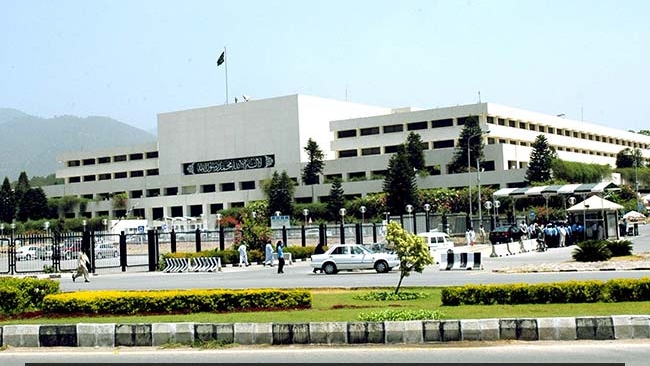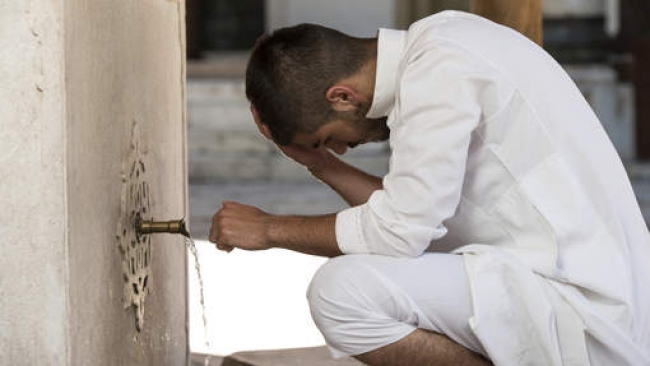Pakistan gets the world's first parliament run entirely on solar power

Pakistan's parliament has become the first in the world to run entirely on solar energy. The new solar-powered parliament was inaugurated by Prime Minister Nawaz Sharif on Tuesday, with the ambitious project being funded by the Chinese government at a cost of $55 million.
Known as the Majlis-e-Shoora, the building is located in the country's capital Islamabad. The Pakistani parliament now produces 80MW of electricity, of which 62MW will be consumed by the building, while the remaining 18MW will be diverted to the national grid.
The project was launched last year during Chinese President Xi Jingping's visit to the country. It is estimated that it could save around $1 million annually, and help the city reduce its thermal power requirements.
In May 2015, the country also inaugurated its first solar power plant in the province of Punjab, which was also built with Chinese investments.
Solar power could be an answer to Pakistan's power shortages, but its use still remains in nascent stages. In neighbouring India, the government is already promoting solar energy projects and investments in a major way.
Several parliaments in the world are partially run on solar energy, including the Reichstag in Berlin, the houses of parliament in Canberra, Australia, and Israel's Knesset, which has one of the largest solar panels in the world.
Source: Mashable
Wed 24 Feb 2016 at 09:34





.jpg)